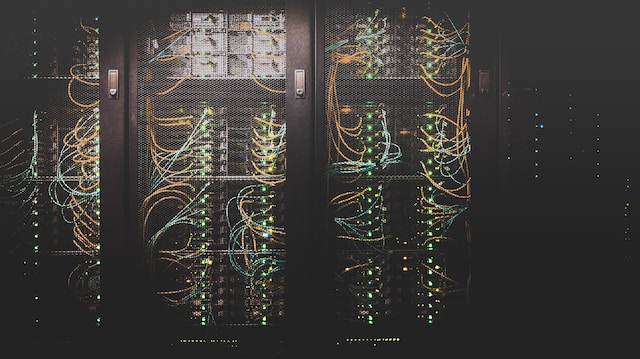In the Age of Remote Work, Outsourcing SOC Means Strengthening Cyber Defenses. The introduction of remote work has changed the old paradigm of corporate operations, ushering in an era of geographically scattered teams. While this increasing flexibility has its advantages, it has also created a slew of cybersecurity concerns, necessitating businesses’ strengthening of their digital defenses. As businesses struggle to secure a more distant workforce, the role of Security Operations Centers (SOCs) takes the spotlight.
SOCs are critical in protecting an organization’s digital assets, monitoring for possible threats, and responding quickly to incidents. However, developing and maintaining an in-house SOC may be a time-consuming and costly process, particularly for worldwide enterprises. Outsourcing SOC services becomes a strategic consideration at this point.

Access to a pool of specialist people is one of the key benefits of outsourcing SOC operations. Cybersecurity professionals with different skill sets and expertise can give a degree of proficiency that an in-house team may find difficult to match. This is especially true for remote operations, where the attack surface has grown and attackers have become more technologically advanced.
Another compelling aspect driving firms to outsource their SOC is cost-effectiveness. Businesses can reduce the costs of recruiting, training, and retaining a full-time in-house security team by leveraging external expertise. This low-cost method enables firms to spend resources wisely, focusing on essential business tasks while maintaining a strong cybersecurity position.
Outsourced SOC provisions’ scalability is critical in an environment where the number of incidents and complexity of cyber-attacks continue to rise. External suppliers can effortlessly adapt to an organization’s evolving demands, scaling their services to match the dynamic nature of cyber dangers. This adaptability is especially useful for firms that have fluctuating labor sizes or are undergoing fast digital transformation.
While the benefits of outsourcing SOC provisions are obvious, firms must traverse certain issues in order to get the most out of such arrangements. It is critical to choose a recognized and dependable SOC provider. Thorough due diligence, evaluating the provider’s track record, and establishing alignment with the organization’s security objectives are all important elements in the outsourcing process.
Additionally, consistent interactions and partnerships between the internal team and the external SOC provider are required. Establishing strong mechanisms for information sharing, incident response, and continuous surveillance ensures that external expertise is seamlessly integrated into the organization’s cybersecurity structure. Regular audits and assessments can also aid in the preservation of the quality and usefulness of outsourced SOC provisions.
To summarize, the remote work era needs a planned and proactive approach to the field of cybersecurity, with SOC functions playing a critical role in guarding against emerging threats. Outsourcing SOC services appears as a practical alternative, allowing access to specialist talent while also being cost-effective and scalable. Outsourcing SOC becomes a strategic essential for organizations trying to bolster their cyber defenses and succeed in the digital age as firms continue to adapt to the demands of a dispersed workforce.

Marketer Brief:
Businesses face enormous obstacles as they traverse the complex terrain of remote work in the ever-changing realm of cybersecurity. With the growth of distributed teams and the sophistication of cyber threats, the need for strong Security Operations Centers (SOCs) has never been greater. In this article, we will look at the advantages and disadvantages of outsourcing SOC services in the age of remote work, as well as how organizations can improve their cybersecurity posture by employing external knowledge.
- DLP Market Leaders Compared: Strengths, Weaknesses - November 24, 2025
- The Evolving Threat Securing the Final Layer: How Screen Watermarking Protects Organizations from Insider Threats Landscape in ASEAN - October 8, 2025
- The Camera Set That Makes Tracking Real: Discover What It Does and Why You Need It - October 2, 2025